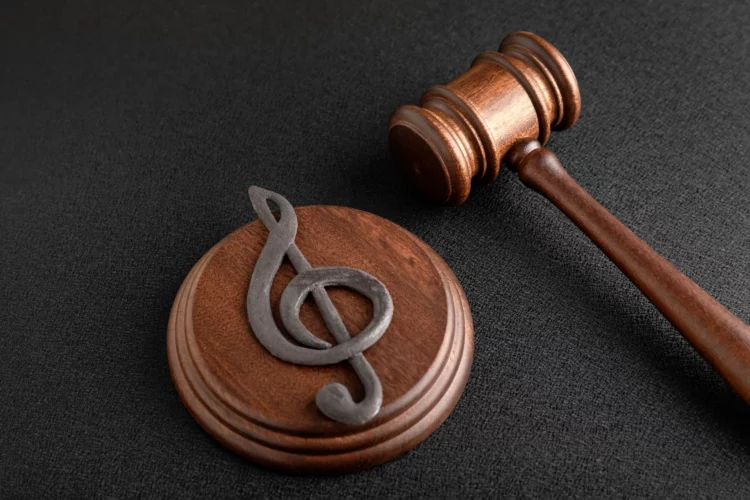Thanks to modern connectivity and technology, the music industry has become more accessible than ever before. Know that everyone knows how to upload music to Spotify, countless artists are diving into the business, hoping to make their mark.
However, as with any industry, it’s crucial to understand the legal framework that underpins it. Here’s a beginner’s guide to the contracts and clauses that every budding musician should know.
Why Are Contracts Important in the Music Industry?
Contracts form the foundation of any professional relationship in the music industry. They outline the rights, responsibilities, and expectations of all parties involved. Whether you’re an artist, songwriter, producer, or manager, a well-drafted contract ensures everyone is on the same page and protected from potential pitfalls.
Key Types of Music Contracts
Navigating the music industry requires understanding its various contracts, each serving a unique purpose and playing a pivotal role in an artist’s journey. From recording to performing live, these contracts act as a roadmap, guiding artists through their commitments and rights.
Recording Contracts
This is the deal between the artist and the record label. It specifies the number of songs or albums an artist is expected to deliver, the financial terms, and the duration of the contract.
Publishing Contracts
These are between songwriters (or their representatives) and publishing companies. They detail how royalties are split and how the publisher will work to promote and license the songwriter’s work.
Management Contracts
These agreements outline the relationship between an artist and their manager. They’ll include details on the manager’s commission, responsibilities, and the length of the partnership.
Performance Contracts
Used for live performances, these contracts stipulate the terms between the performer and the venue or event organizer. They’ll include payment details, technical requirements, and performance expectations.
Essential Clauses To Understand
The fine print in a music contract can be a maze of legalese, but it’s in these detailed clauses that the real essence of the agreement often lies. Each clause carries weight, setting boundaries and ensuring fairness in professional relationships.
Royalty Clauses
These specify how much the artist will be paid for their work. They can be complex, taking into account advances, percentages from sales, and other income sources. Always ensure you understand the breakdown.
Exclusivity Clauses
This clause might prevent an artist from recording or performing outside of the agreement with a specific label or publisher, ensuring that the artist’s work is exclusive to them for a set period.
Termination Clauses
This defines the circumstances under which a contract can be ended. It may include conditions like a breach of terms or a specified period.
Option Clauses
Often found in recording contracts, this gives the label the option to continue working with the artist for additional albums or projects beyond the initial agreement.
Creative Control Clauses
This determines who gets the final say on creative decisions, like song selection, album artwork, or music video concepts. Some artists might retain full creative control, while others may share it with their label.
The Importance of Legal Representation
In the intricate maze of the music industry, having adept legal representation isn’t merely an advantage; it’s a necessity. Contracts in music, often dense with terms and stipulations, require a keen eye to discern nuances that can make or break an artist’s career.
An attorney specializing in entertainment or music law doesn’t just offer a review of these contracts. They have a wealth of experience, skills in negotiation for better terms, and foresight to anticipate potential pitfalls.
Moreover, their role extends beyond contracts. As advocates, they advise artists on a spectrum of legal matters, from copyright issues to disputes, ensuring that artists are protected and empowered.
The Continual Journey of Learning and Adapting
With its dynamic nature, the music industry is in a state of perpetual evolution. The emergence of new technologies, platforms, and consumption patterns necessitates that artists and professionals stay vigilant and informed.
As contractual norms and industry standards shift, more is needed to be aware of current practices. Engaging in continuous learning, attending industry seminars, and seeking mentorship can provide insights into these shifts.
Additionally, their contractual needs will change as artists evolve in their careers. Being proactive in understanding and adapting to these changes ensures that artists remain relevant and protected in this ever-changing landscape.
Harmonizing Law With Melody
In conclusion, the symphony of success in the music industry is composed of talent, passion, and a keen understanding of legal matters. As artists carve their unique paths, equipped with knowledge and support, they can craft melodies that resonate, free from the discord of legal pitfalls.










